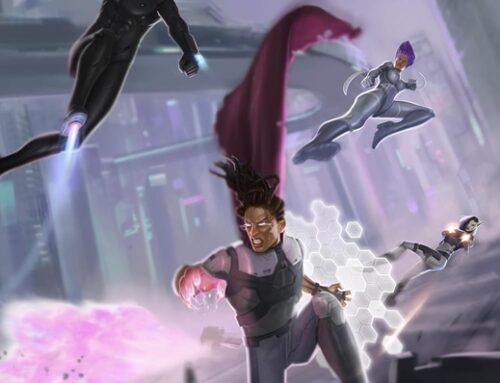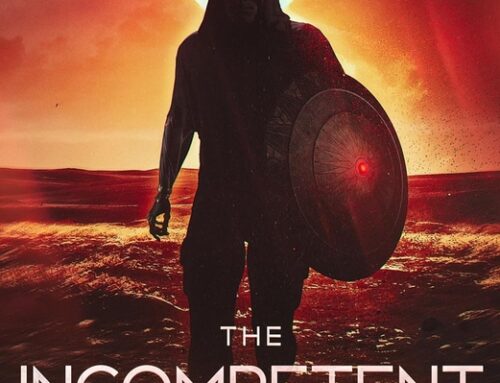 In The Tree That Grew Through Iron, the first book in The Panagea Tales, McKenzie Austin has created a remarkably inventive and magical novel that transports readers to a future where the world as we know it is no more.
In The Tree That Grew Through Iron, the first book in The Panagea Tales, McKenzie Austin has created a remarkably inventive and magical novel that transports readers to a future where the world as we know it is no more.
After the natural world is destroyed by the greedy hunger of men for industrial achievement and production, a new system of survival must be established. In the landmass of Panagea, Time Fathers rule over each of their divisions, ensuring that time flows smoothly and industry proceeds uninterrupted. Nicholai Addihein – a Time Father and the story’s protagonist – discovers that the world is still decaying at an incredible rate; pieces of the continent are breaking off and being swallowed by the sea.
Nicholai is already questioning the wisdom of the world’s path when the unthinkable happens, and the only way to save the woman he loves is to stop time in his division – something absolutely forbidden, and something antithetical to his supreme responsibility. Despite his actions being borne of love, he must flee from the wrath of the other Time Fathers, and in so doing, sets himself on a course to unravel the deep, darker truths of Panagea.
McKenzie Austin strikes a beautiful balance between life and death, truth and lies, and love and loss within these pages, and while the action is riveting, the philosophical musing is similarly powerful. The major conflicts of the book seem quite grand in scale, but there are countless subtle moments of meaningful dialogue and pearls of wisdom buried in the narration.
Perhaps the most interesting character is Captain Kazuaki, upon whose ship of societal rejects Nicholai eventually finds himself. It is clear that the author also favors this rugged, one-eyed ruffian, with his bold proclamations, visually striking descriptions, bizarre personal beliefs, and generally honorable nature. In a world where the line between good and evil seems to constantly be shifting, Kazuaki’s moral compass is a very interesting one to follow.
With the sea being the last place where Nature still rules in this world, the geography of the book’s progress also reflects the existential themes lying beneath this story. The cruel Time Father’s did their best to destroy the Earth Mothers, but in the truly wild and untamable sea, nature still holds dominion. Similarly, throughout the story, love proves that it still holds dominion over men, far more than greed or petty weakness. These foundational themes from Austin are noble and uplifting, and while the plot of the book can occasionally be dark, she manages to inject hope and light between the lines.
On a technical level, the book is cleanly written and the pace is smooth and consistent. There are certainly questions to be answered in the second book of the series, and with this brilliant foundation to build upon, the next installment is a very exciting prospect for fans of genre-bending fiction.


















Leave A Comment